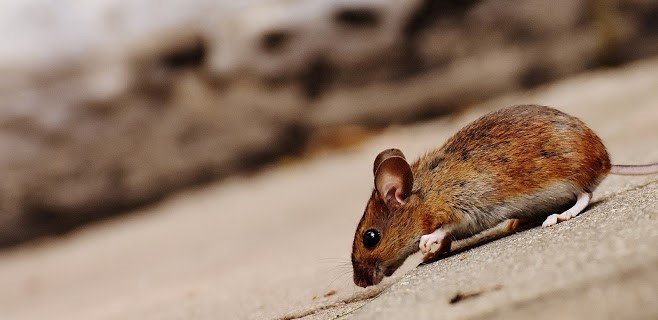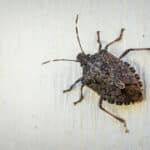No matter how insistently civilization encroaches on natural environments, the citizens of those natural environments still manage to maintain healthy populations. This citizenry includes a variety of common pests, including mice, rats, squirrels, and other rodents, any of which may choose to reside in your home.
A basic understanding of rodent behaviors, the potential risks they pose, and methods of limiting their presence can help you provide a safer, more pleasant home for your family. Here are four key points to remember about rodents.
1. Rodents Seek Warm Environments
Your rodent issue may start some time in autumn as outdoor temperatures drop. This change forces mice, rats, and other rodents to seek a warm environment. Entire colonies of rodents can settle in permanently once they have grown accustomed to the comfort of your attic or basement.
Rats and mice show considerable ingenuity in the area of home infiltration. Mice have the advantage because of their smaller size, which enables them to squeeze in through small gaps in walls or around plumbing pipes. Both mice and rats can crawl through pipes and drains in search of appropriate nesting spots.
2. Rodents Can Chew Up Your Home
Rodents instinctively chew on their surroundings as a means of keeping their teeth (which continue to grow throughout their lives) reasonably short and comfortable. Unfortunately, this tendency can result in serious damage to your home’s structures, such as drywall, flooring, and wooden beams.
Perhaps the greatest concern comes from rodents’ willingness to chew through electrical wiring. As they chew on the wires, they strip away the plastic insulation that helps to prevent fires. Among other benefits, regular pest inspections enable you to catch this problem before it can lead to catastrophe.
3. Rodents Can Transmit Diseases
Even if you find rats or mice cute, you don’t want to expose yourself or your loved ones to the wild varieties. Rodents can directly transmit numerous diseases. Examples include hantavirus pulmonary syndrome, leptospirosis, salmonellosis, rat-bite fever, and (perhaps most notoriously) plague.
Rodents can also transmit diseases indirectly if they happen to host parasites. For instance, ticks attached to rodents can transmit diseases such as Rocky Mountain spotted fever, anaplasmosis, and Lyme disease. Effective rodent control also helps to protect your family against these tick-borne threats.
4. Rodent Control Can Take Many Forms
Methods of removing rodents from a home can range from capture and release of the unwanted guests to outright extermination. Some traps use steel bars to kill approaching rodents, while others seal living rodents in a container for removal from the home.
While pest control professionals may use rodenticides to deal with large-scale infestations, the anticoagulant poisons involved can harm pets and children, with the stronger preparations prohibited to sale to the general public. Your pest control expert can administer the necessary rodenticide bait with the proper caution.
Professional rodent control offers both greater safety and greater effectiveness. Pest control experts know exactly where to place traps or rodenticide for best results. They also have the equipment and training to handle both live and dead rodents safely and carefully, removing any potential risks to your family.
If you want to reduce your rodent issues as easily and effectively as possible, take ongoing preventative measures to keep them from entering your home in the first place. Start by clearing away nearby firewood or yard debris that might attract rodents to your property. Seal off all potential entry points such as gaps in walls.
You can make your home less attractive to rodents by keeping your foodstuffs sealed away in airtight containers. You should also fix any leaky pipes that might provide both a source of water and a medium of transport from one part of the home to another.
Diam Pest Control can help you manage an unsettling, potentially unhealthy rodent problem. Contact us today to request our services.





